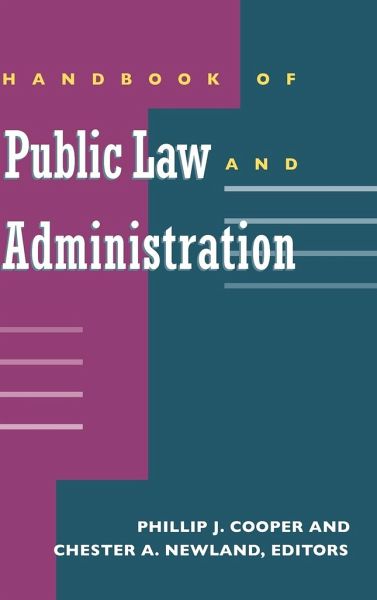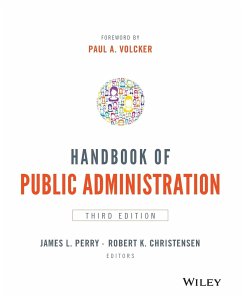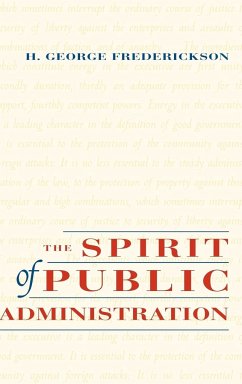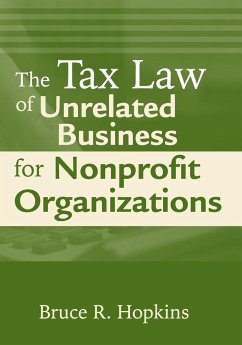
Handbook of Public Law and Administration
Versandkostenfrei!
Versandfertig in über 4 Wochen
84,99 €
inkl. MwSt.

PAYBACK Punkte
42 °P sammeln!
Public law is fundamental to public administration, whether public affairs responsibilities are performed by governments, not-for-profit organizations, or the private sector. Administrators in public affairs who try to operate without an informed awareness of the subject and its consequences place themselves, their organizations, their missions, and the people they serve at risk. [ital]Handbook of Public Law and Administration provides a comprehensive overview of public law, explaining the legal tools and protections required to advance the public interest in a world that is often more confron...
Public law is fundamental to public administration, whether public affairs responsibilities are performed by governments, not-for-profit organizations, or the private sector. Administrators in public affairs who try to operate without an informed awareness of the subject and its consequences place themselves, their organizations, their missions, and the people they serve at risk. [ital]Handbook of Public Law and Administration provides a comprehensive overview of public law, explaining the legal tools and protections required to advance the public interest in a world that is often more confrontational than reasonable. It allows administrators, whether public or private, to deal with concerns such as lawsuits?and to move beyond them to use law responsibly in service of constitutional democracy. Written in clear, nontechnical language by leading authorities in public administration and law, the thirty-one chapters presented here address all aspects of how public law affects the responsibilities of managers and others in public affairs. In doing so, it bridges the twin fields of law and administration to facilitate understanding of their essential connections. The handbook addresses specific, practical aspects of law, such as executive orders, rulemaking and administrative adjudication, and human resources issues. It looks forward into projected future developments and changes in the relationships between law and administration. In doing so, it prepares public and private managers to succeed in dynamic environments of public affairs responsibilities that range from local organizations and communities to national and international levels.












